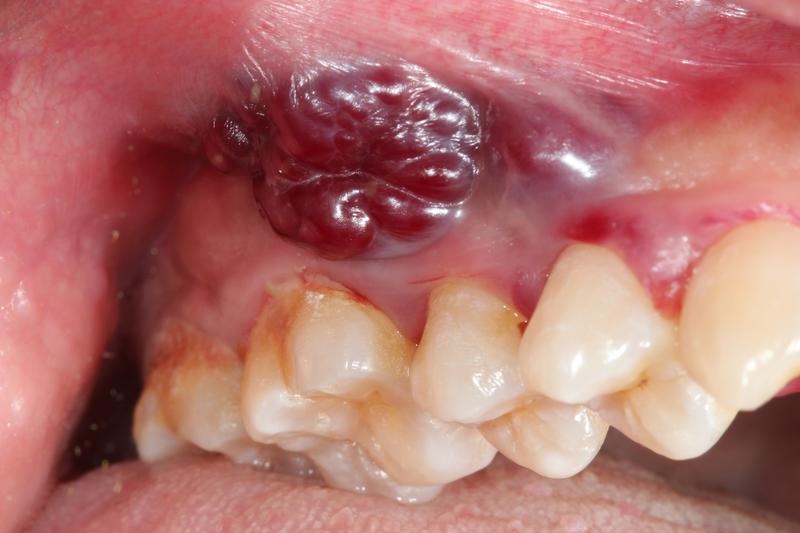
During this mini-residency program, you will work alongside world-class professionals to advance your skills in the detection, treatment, and post-therapeutic management of oral lesions and cancer. Day One will feature presentations, case studies, and hands-on experiences with biopsy and head and neck cancer examinations. Day Two will feature presentations, case studies, and hands-on experiences covering a full spectrum of oral lesions, dysplasia, and oral cancer. You will examine the role of evidence-based evaluation of newer oral cancer diagnostic tools, cancer staging, treatment including surgery and chemoradiotherapy, and the dentist's role in head and neck cancer treatment. Common sequela, such as osteoradionecrosis of the jaw, will also be covered. Misdiagnosis of oral cancer is common—you will review new insights to improve documentation and avoid malpractice issues related to delay or misdiagnosis. Working with your instructors, you will also analyze oral and maxillofacial pathology case studies covering conditions encountered in general and specialty dental practices.
Register for Upcoming Sessions
April 6, 2024 8:00 am - April 7, 2024 2:00 pm
All times for all events are in local Central Time.
Session Location:
Lynda J. Young Conference Room
6-410 Moos HS Tower
Minneapolis Campus
Course Number: CF4041
Enrollment is limited to 30
Learn How To
- Perform a thorough head and neck cancer examination
- Advance your understanding of the clinical differential diagnosis of diseases and lesions of the oral mucosa
- Recognize and understand numerous oral soft and hard tissue lesions and the implications of these lesions in dental practices.
- Understand the underlying pathogenesis, signs, and symptoms of various reactive oral lesions
- Recognize when and how to biopsy, improve diagnostic skills and management strategies of oral ulcerative and non-ulcerative oral
- lesions
- Discuss detection, treatment, and post-therapeutic planning with your patients
- Detect oral cancer in its earliest stages
- Recognize pre-malignant lesions and manage them to the standard of care
- Determine when to refer and monitor oral lesions
- Stage the level of head and neck cancers
- Assess therapeutic options and rationale for choosing them
- Compare the pros and cons of different therapies and discuss them with patients
- Describe various treatments to patients: surgery, irradiation, chemotherapy
- Analyze examples and cases of head and neck treatments
- Summarize new therapies and research for future treatment
- Catalog oral complications of various head and neck cancer therapies and chart them effectively
- Manage oral complications (xerostomia, mucositis, candidiasis, dysphagia, etc.)
- Analyze dental rehabilitation of head and neck cancer survivors
Training Methods
Illustrated lectures, discussions, demonstrations, case studies, laboratory exercises